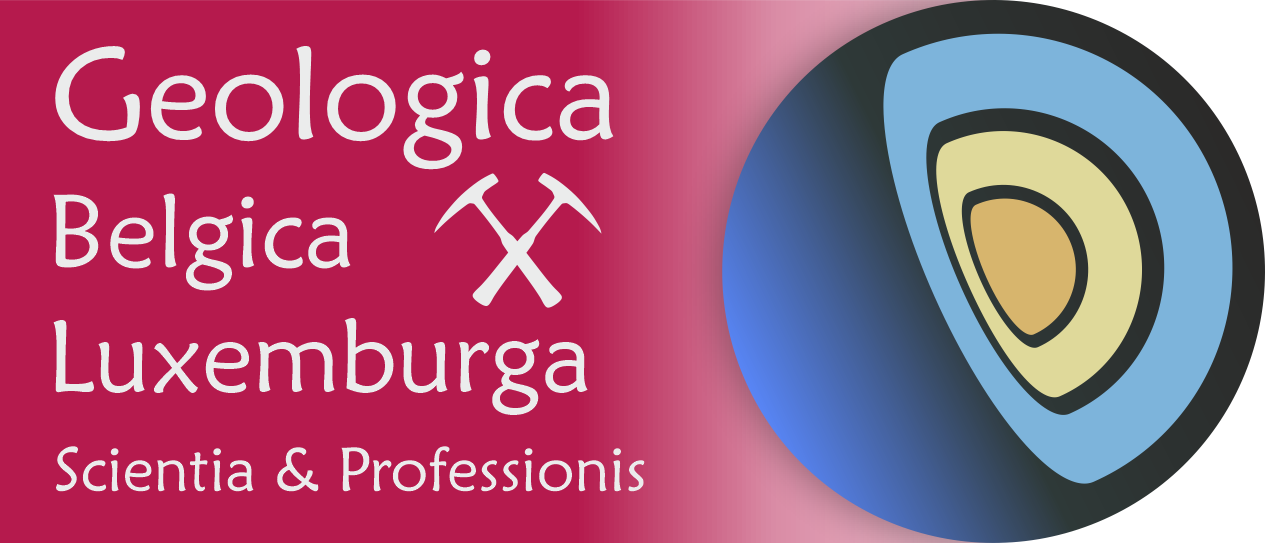BIOIMMURING LATE CRETACEOUS AND RECENT OYSTERS: ‘A VIEW FROM WITHIN’
Natuurhistorisch Museum Maastricht, de Bosquetplein 6-7, NL-6211 KJ Maastricht, The Netherlands; E-mail: john.jagt@maastricht.nl
Museum für Naturkunde der Humboldt-Universität Berlin, Invalidenstraße 43, D-10115 Berlin, Germany; E-mail: christian.neumann@museum.hu-berlin.de
Natuurhistorisch Museum Maastricht, de Bosquetplein 6-7, NL-6211 KJ Maastricht, The Netherlands; E-mail: anne.schulp@maastricht.nl
Abstract
ABSTRACT. Being obligate cementers, oysters (Ostreoidea), both fossil and Recent, often yield valuable information on their substrates, whether biotic/abiotic, perishable or inert. By a process called bioimmuration, oyster shells may preserve lightly or non-calcified sessile organisms already present on the same substrates, and occasionally replicate external features of such substrates on their unattached right valves (xenomorphism). From Upper Cretaceous (Campanian-Maastrichtian) strata in northwest Europe, there are numerous records of oysters attached to calcitic and aragonitic substrates, such as echinoids, bivalves (including other oysters, either conspecific or not), ammonoid and coleoid cephalopods, sponges and scleractinian corals. These examples all illustrate ‘a view from above’, cementation having occurred on the external surface of the substrate. Here we present two comparatively rare instances of fossil bioimmuring oysters and a spectacular Recent example, documenting oyster growth on the inside of partially broken echinoid tests, thus providing ‘a view from within’.

